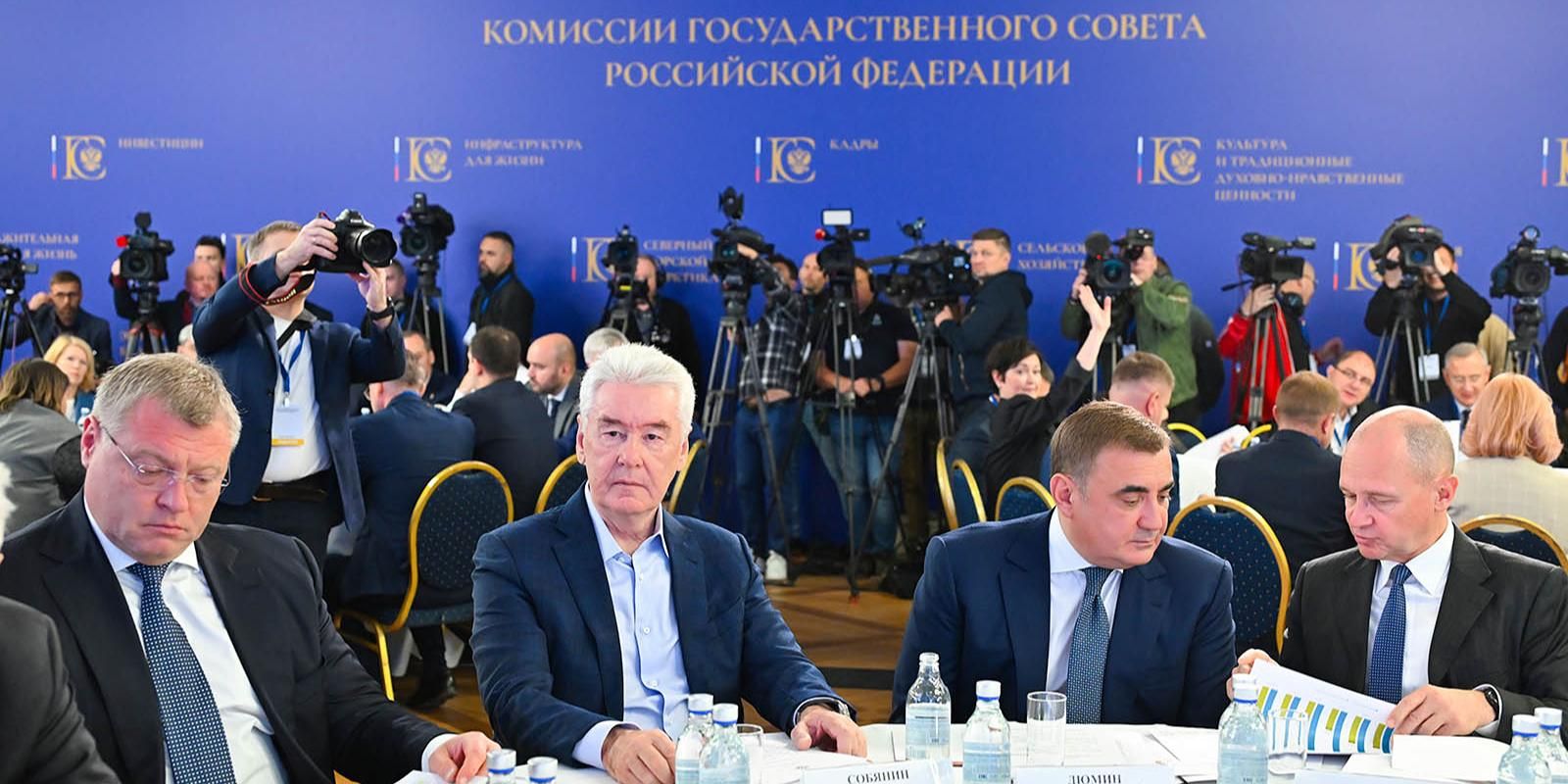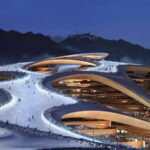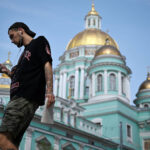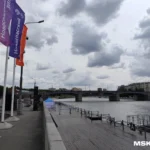The main topic of the meeting was improving federal support measures for SVO participants and scaling up regional practices.
An expanded meeting of the State Council Commission of the Russian Federation on supporting combat veterans – participants of the special military operation (SVO) and their family members was held in Moscow.
A large-scale effort is underway in Russia to implement various mechanisms related to supporting SVO fighters and their loved ones.
“Practically the entire country has been involved in this work from the very first days. These are our caring citizens, the army of volunteers, public organizations, and our businesses. The ‘Defenders of the Fatherland’ Foundation has done tremendous work, as have the All-Russia People’s Front and the Agency for Strategic Initiatives. And of course, significant work is being done by federal executive bodies, and substantial work is being done on the ground by the heads of the constituent entities of the Russian Federation.”
It was noted that work in this area must continue, new support mechanisms must be implemented, and all related issues must be worked out in advance.
“We must understand that after a certain time, the category of citizens we are discussing today – the defenders of our Fatherland – will increase many times over. Therefore, we must be prepared for this and minimize the risks of any unresolved issues that require synchronization, calibration, adjustment, and so on.”
It was also emphasized that issues of supporting participants of the special military operation are under the personal control of the President of Russia.
A significant portion of proposals related to social support measures for Russians were developed within the framework of the State Council, which marks its 25th anniversary this year. Created by decree in 2000, the State Council now essentially serves as the main platform for interaction between regional and federal government structures.
“The State Council has come a long way over the past 25 years, and this path is very clearly synchronized with the problems and challenges that our entire country has experienced during this already quite long period. You remember the problems associated with the 2008-2010 crisis, when working groups actively participated in addressing them. Before that, around 2003, at the very beginning of the State Council’s work, active efforts were made to delineate powers between federal, local, and regional authorities. And the recent challenges, for example, related to the COVID situation, the State Council was also actively involved in that.”
According to the statement, the State Council remains the main platform for interaction between regional authorities and federal ministries and agencies.
“We see everyone face to face on the State Council platforms, so to speak, and we discuss these issues publicly. The very existence of such a platform itself establishes a slightly different track for relationships between branches of government. Today, in modern history, in accordance with the new Constitution, the role of the State Council is that it helps all levels of government integrate into the system of vertical power and address nationwide tasks. This is, of course, actually an informal body, an informal platform, lively and active.”
The State Council is an important tool for interaction between the country’s government bodies and its regions, and it also contributes to achieving the goals of national projects, including social ones related, for example, to healthcare and education.
“Continuing on this same theme, the issues of national goals and projects have once again prompted this entire State Council mechanism to work in sync, with different government bodies, the government, and the regions working as a single organism. Take any national project or national goals in the field of demography. The Government of the Russian Federation cannot work separately without the regions, and the regions cannot work without the Government. Or issues related to demography, healthcare, education, and other areas. All the national goals and national projects defined by the President have, in general, ideologically, not informally but ideologically, tuned all government bodies for teamwork. Therefore, at the modern level, national projects are such a substantive core of the State Council’s work.”
The State Council helps synchronize work on the implementation of national projects in different regions of the country and promptly resolve emerging issues through the interaction of authorities at different levels.
“You see, in Moscow we work in sync with the tasks set by the President and the Government of the Russian Federation, and the same is true in all regions. Hence such large-scale joint work. The President felt the necessity of




